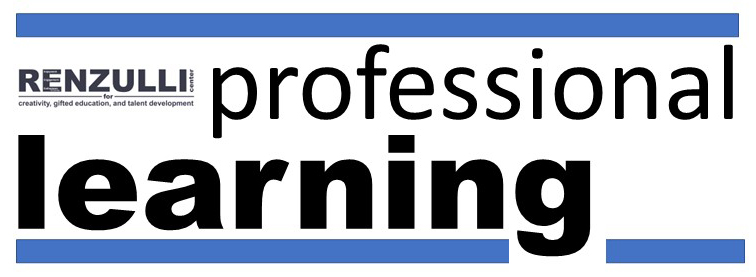
If you have questions about these events, please contact us at renzullicenter@uconn.edu
A Taste of Confratute

These virtual events offer a half day of professional learning reflecting the flavors of Confratute! We are holding four Taste of Confratute events during the 2025-26 school year, each with a specific topical focus.
- Wednesday October 22, 2025-SEM In Action – How to Effectively Use Enrichment Strategies
- Wednesday, January 28, 2026-Teaching for the Future: AI and Creativity in the Classroom
- Wednesday, February 25, 2026-Meaningful Differentiation: Linking the Why and the How
- Wednesday, March 25, 2026-Enrichment and Acceleration Within Content Areas
Free Online Course
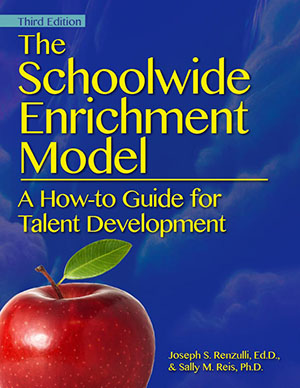
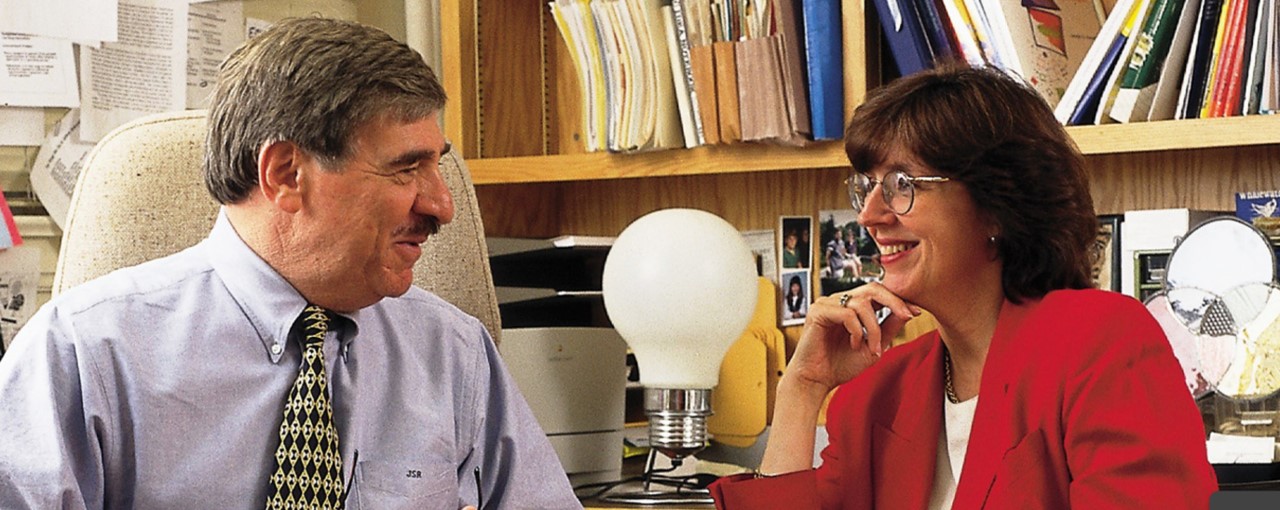
We offer a free Schoolwide Enrichment Model online course starting four times each year (November 1, February 1, May 1, and August 1).
Teaching and Learning with Technology

14th Annual Teaching and Learning with Technology Conference
(a.k.a. Teaching and Learning with iPads, Chromebooks, and Cloud-Based Computing Conference for K-12 Educators)
Tuesday, May 12, 2026 (9:00 a.m. – 3:10 p.m. EDT)
University of Connecticut Storrs Campus
The registration fee includes the conference, lunch, and parking.
Wallace Research Symposium on Talent Development
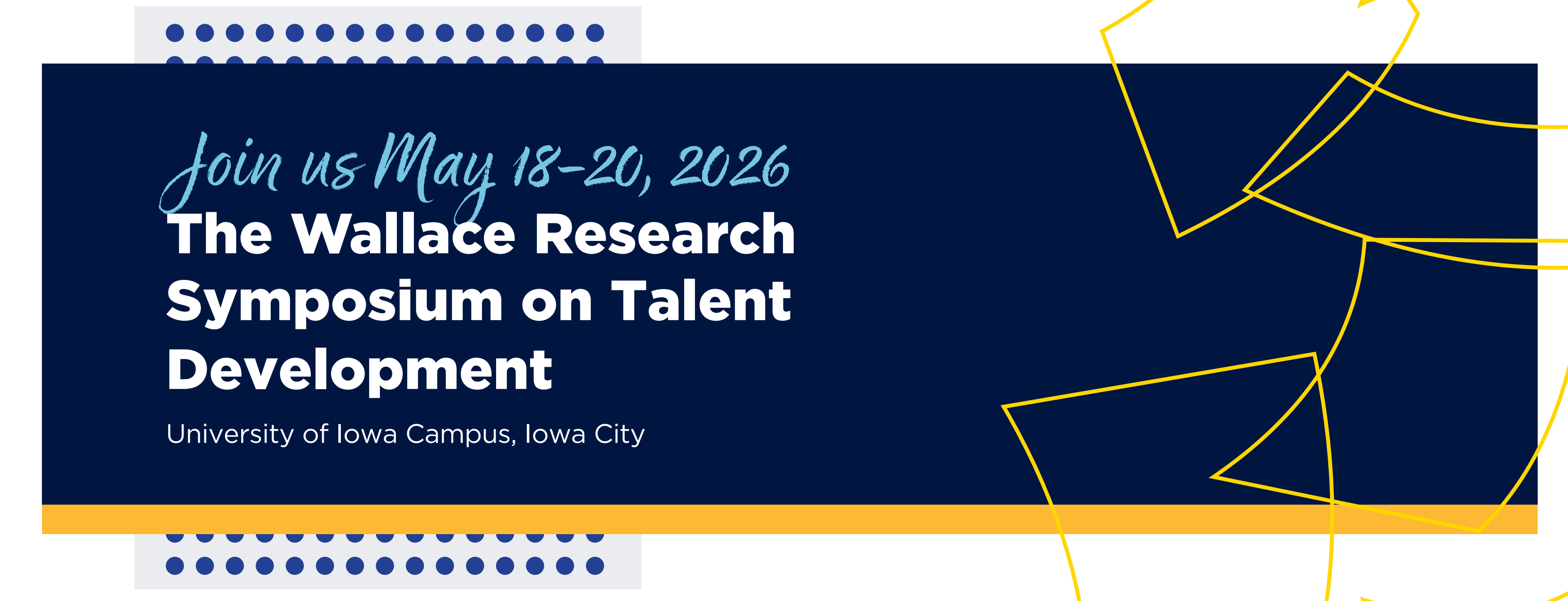
Monday, May 18 to Wednesday, May 20, 2026
University of Iowa Campus, Iowa City

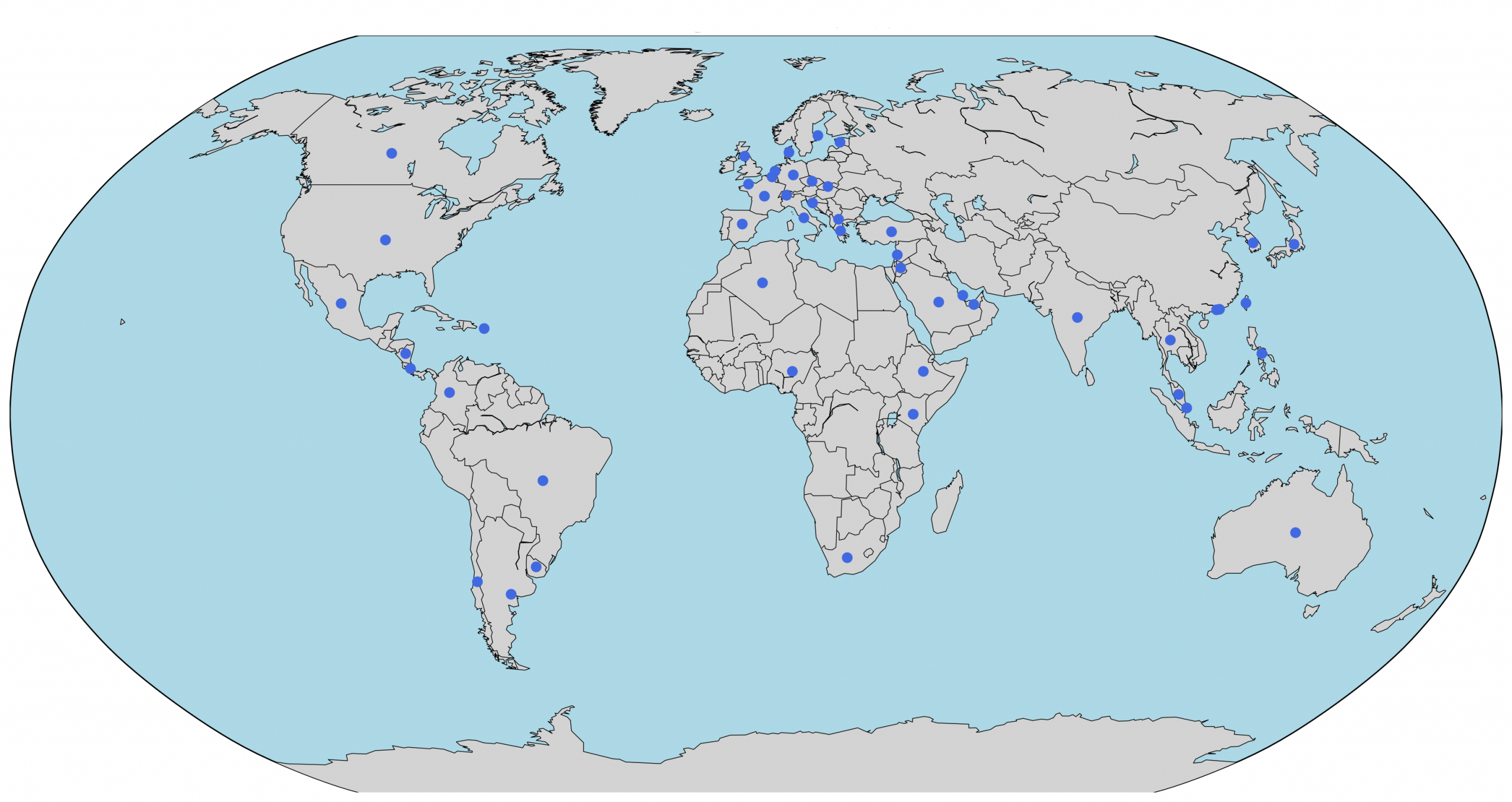
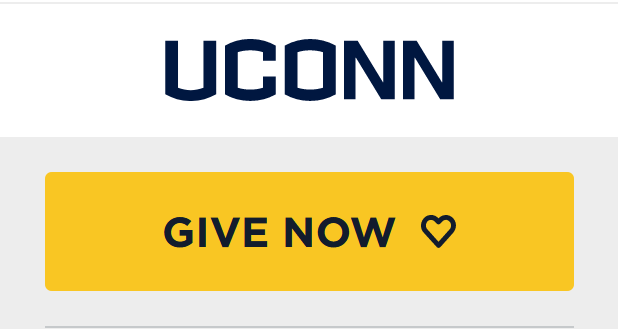 Support the Renzulli Center
Support the Renzulli Center